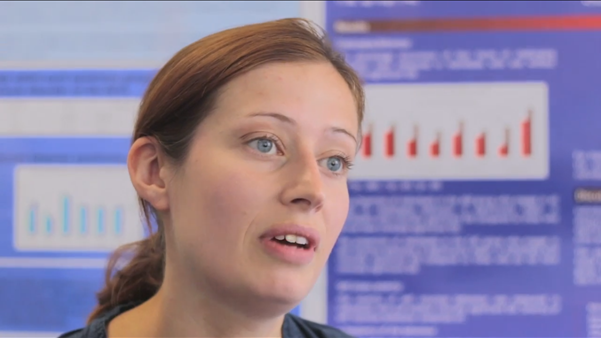Repetitive Behaviour in Williams Syndrome
Repetitive behaviours are fairly common in individuals with neurodevelopmental disorders and often relate to movements, postures and vocalisations.
In Williams syndrome, simple movements such as body rocking (considered a stereotyped behaviour) are often reported. People with Williams syndrome also show similar levels of hoarding behaviour to some other neurodevelopmental disorders.
In autism, a relationship has been found between anxiety and repetitive behaviour, suggesting that repetitive behaviour may be a response to feeling anxious. A study of people with Williams syndrome. however, failed to identify an association between anxiety and repetitive behaviour. Therefore, factors that are associated with or that lead to repetitive behaviour in Williams syndrome is still unknown. However, some research from the University of Birmingham has shown that repetitive behaviour may be linked to difficulties with tolerating uncertain or unpredictable situations.




